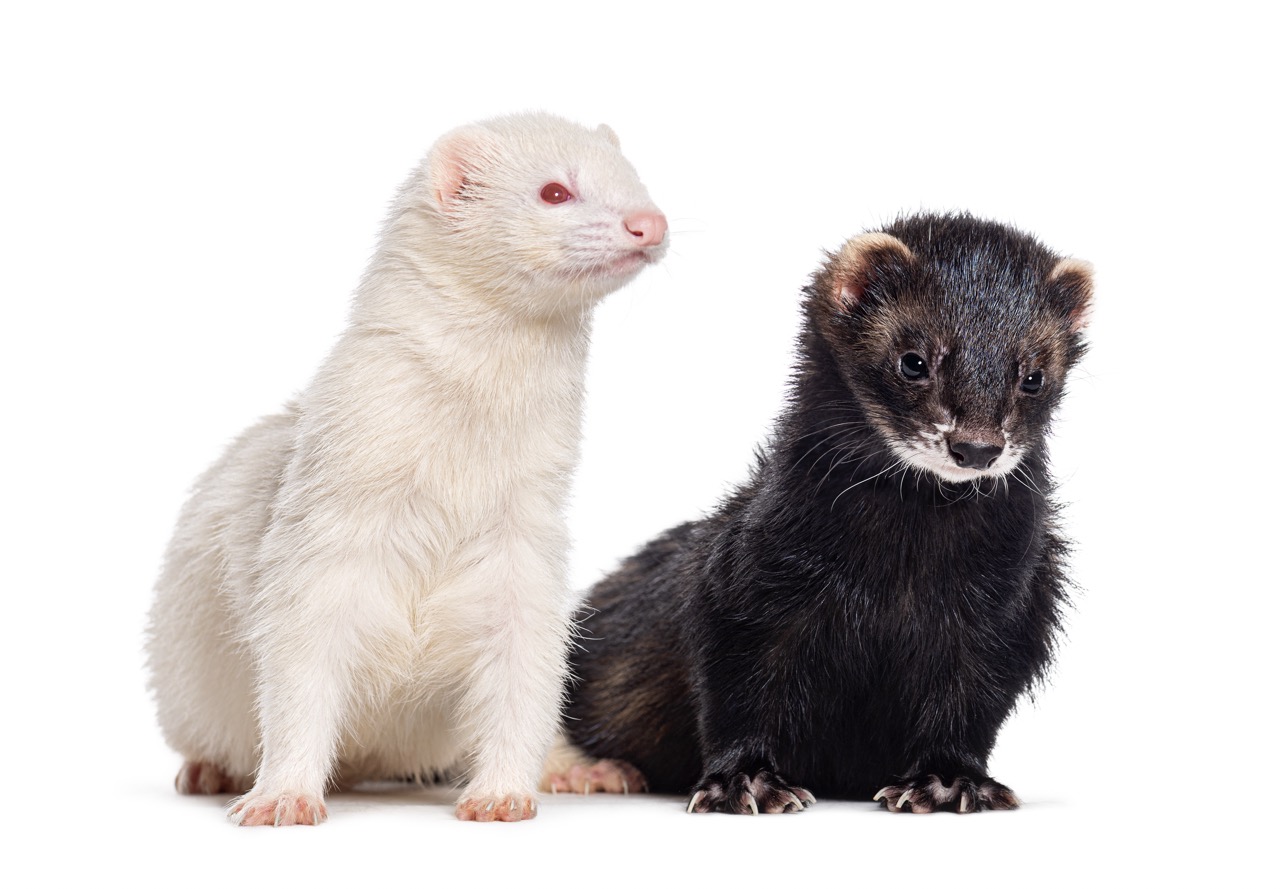Ferrets are playful and curious creatures, known for their energetic antics and engaging personalities. One of the most notable behaviors exhibited by ferrets is their instinctual digging and tunneling. Understanding why ferrets dig is crucial for any owner who wants to provide a fulfilling environment for their furry companions. This article delves into the natural instincts behind this behavior, its social implications, environmental influences, and how to enrich a ferret’s habitat to accommodate their digging habits.
Understanding the Natural Instincts of Ferrets to Dig
Ferrets are descendants of the European polecat, which are animals that have evolved with a natural proclivity for digging. In the wild, these small carnivores utilize their digging abilities to create burrows for shelter, to hunt for food, and to escape from potential predators. This instinctual behavior has been passed down through generations, making it deeply ingrained in their genetics. As a result, modern ferrets, even those kept as pets, display a strong tendency to dig, a behavior that can be observed in their daily play.
Digging serves a fundamental purpose for ferrets; it allows them to engage in exploratory behavior, which is essential for their mental health. Ferrets are highly intelligent animals that require mental stimulation to prevent boredom and associated behavioral issues. When they dig, they are not merely engaging in a physical activity; they are acting out a natural instinct that provides them with a sense of purpose and fulfillment. This inherent need to dig can often lead to them tunneling through bedding, carpets, and other soft materials in their environment.
Additionally, the act of digging can also serve as a means of self-soothing. In times of stress or anxiety, ferrets may resort to digging as a coping mechanism. It allows them to channel their energy into a satisfying activity, which can help mitigate feelings of unease. Understanding these natural instincts underlines the importance of providing appropriate outlets for their digging behavior, ensuring that your ferret remains both physically and mentally healthy.
The Role of Digging in Ferret Social Behavior
Digging is not only a solitary activity for ferrets; it also plays an important role in their social interactions. In the wild, ferrets live in groups and engage in cooperative digging, whether to hunt for prey or to create communal burrows. This social digging helps to strengthen bonds within the group, fostering cooperation and teamwork. In a home setting, pet ferrets may still exhibit these social behaviors, digging alongside their companions or even their human caretakers.
When ferrets dig together, they are participating in a form of social play that can enhance their overall well-being. This behavior can also serve as a way to establish social hierarchies, with certain ferrets taking the lead in digging activities. Observing these interactions can provide valuable insights into your ferret’s social dynamics and help you gauge their relationships with other ferrets or pets in the household. Engaging with them during playtime can also reinforce the bond between you and your pet.
Furthermore, digging can act as a form of communication among ferrets. The way a ferret digs, the intensity of their actions, and the locations they choose can convey different messages to their companions. For instance, a ferret digging vigorously in a particular spot might be asserting territory or expressing excitement. By paying attention to these signals, ferret owners can better understand their pets’ emotions and needs, leading to a more harmonious living environment.
Environmental Factors Influencing Ferret Tunneling
The environment in which a ferret resides greatly influences their digging behavior. Ferrets are naturally inclined to seek out soft materials for digging, and their surroundings should cater to these instincts. For instance, a ferret living in a space filled with blankets, soft bedding, or even loose soil will likely be more inclined to dig than one in a sparsely furnished area. The materials available to them can either stimulate or stifle their digging instincts.
Moreover, the size and layout of a ferret’s habitat can contribute significantly to how they express their digging behavior. A confined space may lead to frustration, prompting excessive digging as a means of escape or exploration. Conversely, a well-designed habitat that includes tunnels, hideaways, and various textures can promote healthy digging and exploration. Enriching their environment can help channel their instincts positively, allowing them to dig in designated areas that are safe and appropriate.
Temperature and humidity levels also play a role in ferret behavior. Ferrets naturally dig to create comfortable nests, and if their environment is too hot or too cold, they may resort to digging more frequently in search of a suitable temperature. Providing a climate-controlled environment, combined with ample bedding materials, can satisfy their instincts and keep them comfortable, reducing the likelihood of destructive digging behaviors.
Enriching Your Ferret’s Habitat for Healthy Digging Habits
To accommodate and nurture your ferret’s natural digging tendencies, it is crucial to create an enriching habitat that allows for safe and engaging digging experiences. Incorporating tunnels, digging boxes filled with soft materials, and designated digging areas can provide your ferret with appropriate spaces to satisfy their instincts. A digging box, for example, can be filled with shredded paper or old towels, allowing them to dig without causing damage to your home.
Interactive toys also serve as great tools for enrichment. Toys that encourage burrowing or digging, such as stuffed animals with hidden treats or materials that can be manipulated, can stimulate your ferret’s mind and keep them entertained. This not only promotes healthy digging habits but also enhances their overall quality of life by providing mental and physical stimulation.
Lastly, regular playtime with your ferret is essential in reinforcing positive digging behaviors. Engage with your ferret using toys and activities that mimic their natural hunting and digging instincts. Supervised outdoor play in a secure area can also offer opportunities for natural digging, allowing your ferret to explore and expend energy in a safe environment. By proactively enriching your ferret’s habitat, you ensure a well-rounded lifestyle that supports their natural instincts and helps to mitigate any unwanted behaviors.
Understanding the reasons behind ferrets’ digging and tunneling behaviors is crucial for any ferret owner. By recognizing their natural instincts, the social dynamics influenced by digging, the environmental factors at play, and the importance of providing a rich habitat, you can better cater to your ferret’s needs. Creating an environment that encourages healthy digging behaviors not only enhances your pet’s quality of life but also strengthens the bond between you and your furry friend. With the right care and consideration, your ferret can thrive, exploring and enjoying their space to the fullest.










